Question And Answer
Publications
Articles, publications, books, tools and multimedia features from the U.S. Institute of Peace provide the latest news, analysis, research findings, practitioner guides and reports, all related to the conflict zones and issues that are at the center of the Institute’s work to prevent and reduce violent conflict.
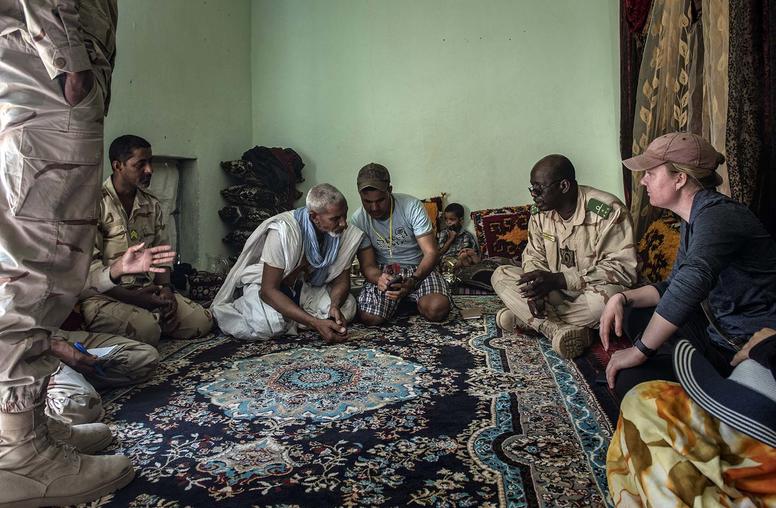
Three Ways to Make Communities Count in Combatting Violent Extremism in Africa
Nearly 20 years since the 9/11 attacks, the global community continues to struggle with violent extremism and terrorism. While much of the focus in the immediate aftermath was on the Middle East and Afghanistan, sub-Saharan Africa has drawn increasing attention in the last decade. Seven of the world’s top 10 countries facing the greatest violent extremist threat are in Africa, with the expansion of the Islamic State group (ISIS) and al-Qaida-affiliated groups on the continent. Efforts to combat violent extremism in Africa are now at a critical juncture. But this presents an opportunity to rethink these efforts. A tailored focus on local communities will be key in building better approaches to deal with the violent extremist scourge.
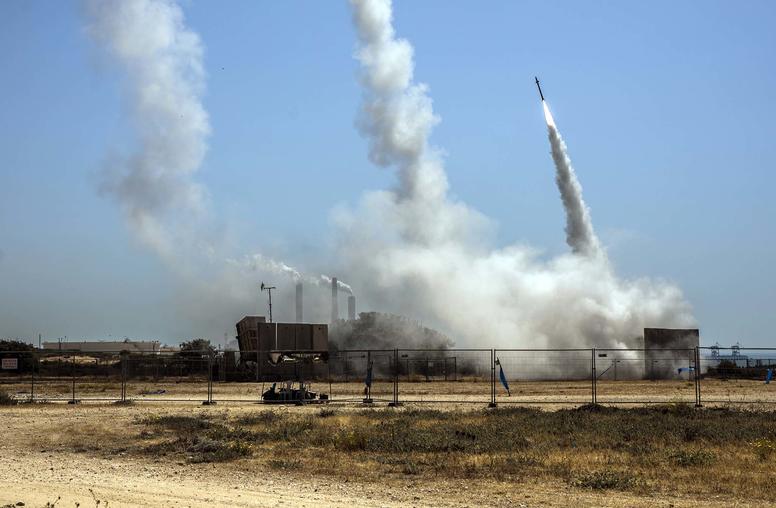
What Sparked the Latest Israeli-Palestinian Confrontations?
For weeks, tensions have been building between Israelis and Palestinians in Jerusalem, with a confluence of recent events and longer-term trends leading to the latest violence. Israeli restrictions around holy sites during Ramadan; increasingly intense protests and violence on both the Israeli and Palestinian sides, with each side blaming the other for initiating; and a court decision, now under higher court review, to remove Palestinian families from an East Jerusalem neighborhood preceded this latest round of conflict — the most violent since the 2014 Gaza war. More broadly though, sclerotic Israeli and Palestinian internal politics not only made this conflagration more likely, but also mean that finding a path to de-escalation will be more difficult.
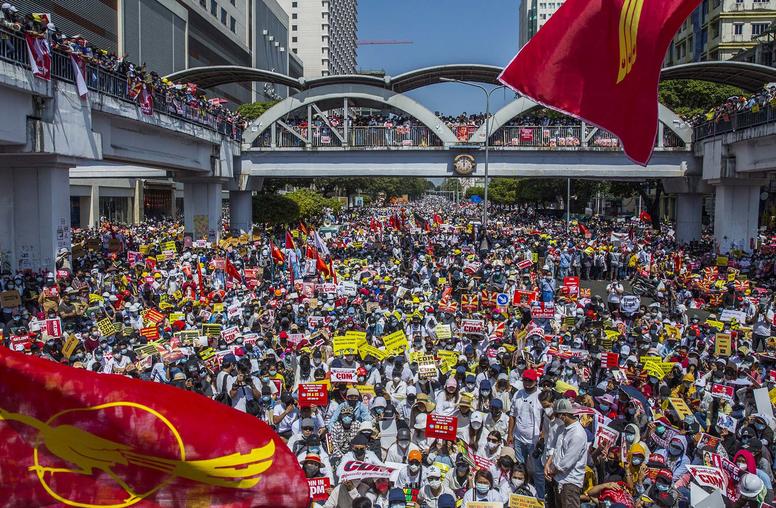
Four Takeaways on the Intersection of Nonviolent Action and Peace Processes
How can nonviolent action and peacebuilding work together? And how can they be brought together to promote positive long-term political change? Although mass nonviolent action movements are taking place at an increasingly rapid rate, they are succeeding in achieving their goals less frequently, and where initially peaceful demonstrations have been met by state violence from Myanmar to Colombia, better understanding these questions is crucial.
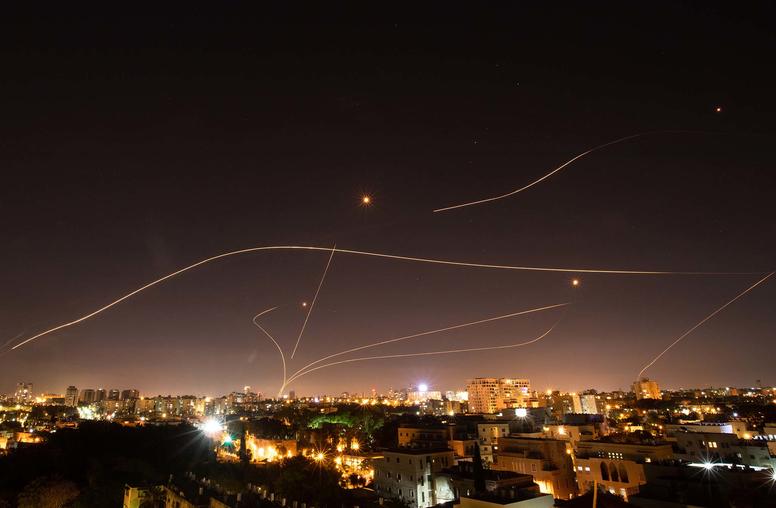
10 Steps Washington Can Take After the De-escalation of the War on Gaza
In a call with Israeli Prime Minister Benjamin Netanyahu yesterday, President Biden said he was supportive of a cease-fire amid the continued violence in Israel and the Palestinian territories. As ongoing Hamas rocket barrages and Israeli airstrikes add to the rising death toll, there are immediate, short-term measures needed to stave off more violence. But, a cessation of the current hostilities will not address the long-term issues that have prevented a resolution to the decades-long conflict. How can Washington break through the long-standing status quo that has stymied efforts to forge a peaceful settlement?
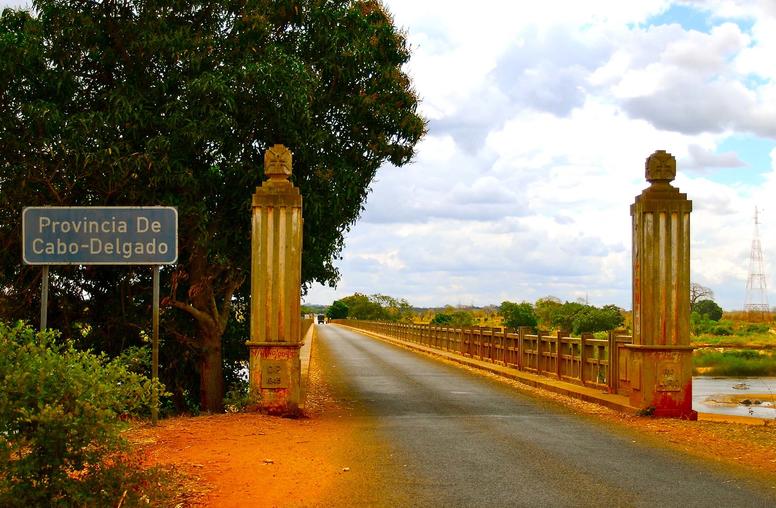
Pathways to Peace in Mozambique
An Islamist insurgency in Mozambique’s northern Cabo Delgado province and the grave humanitarian crisis it has created is threatening the promise of development offered by the discovery of vast reserves of natural gas in the region. It is imperative that the Mozambican government, with the support of the international community, make a concerted effort to return peace to this strategically important part of southern Africa.
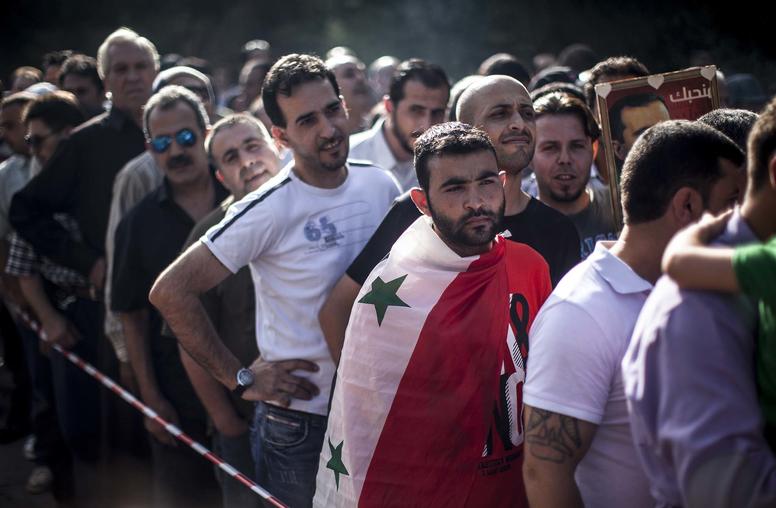
Despite the Sham, Syria's Election is Still Significant
In the face of international pushback, the Assad regime is going forward with plans for a presidential election on May 26. While the outcome is in no way uncertain — Assad will win amid deeply unfair election practices — the decision to proceed with the vote has major implications for international efforts to resolve the decade-long civil war. USIP’s Mona Yacoubian looks at how the election might affect the situation on the ground in Syria, what it means for the U.N.-backed Geneva peace process and how the Assad regime’s renewed stranglehold on power could affect regional tensions and U.S. interests.
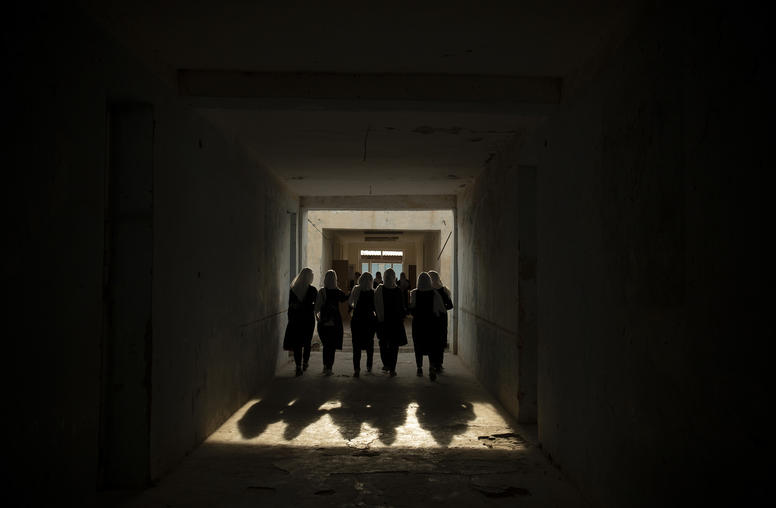
Kabul School Bombing Reinforces Fears Over Post-Withdrawal Security
For the Dasht-e-Barchi neighborhood of Kabul, home to the Hazara minority group, the devastating May 8 bombing outside a school is part of a disturbing trend of attacks in the area. The bombing killed at least 85 and injured around 150 — mostly young girls — and coincided with concerns of escalating violence as the United States withdraws combat troops from Afghanistan. Although no group has claimed responsibility, the Islamic State group (ISIS) has perpetrated similar attacks in the past and many suspect it was again responsible.
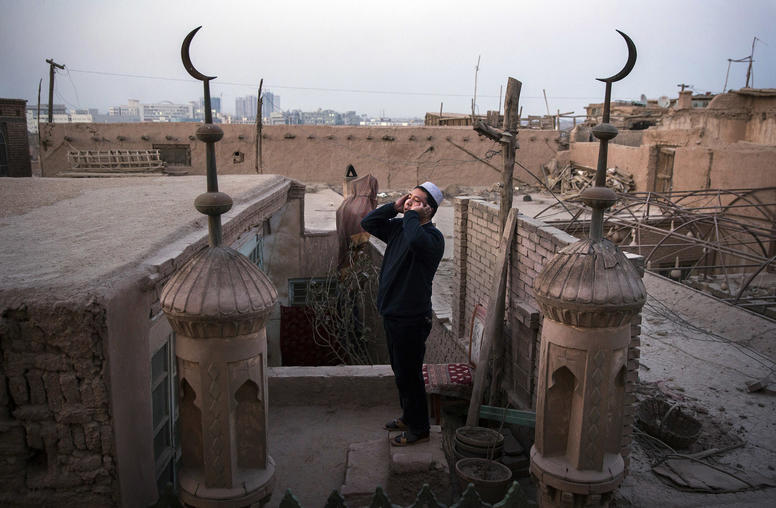
Finding Common Ground on U.S. International Religious Freedom Policy
On May 12, Secretary of State Antony Blinken issued the Biden administration’s first annual religious freedom report. It was accompanied by a strong speech, highlighting the importance of the issue and singling out countries such as Saudi Arabia, Iran, Russia and Nigeria, among others, for their particularly severe violations. The secretary also made a point to establish that the Biden administration’s approach emphasizes that the right to religious freedom is one component of an integrated human rights agenda. This stands in contrast to others who view religious freedom to be of unique importance and deserving of singular attention.
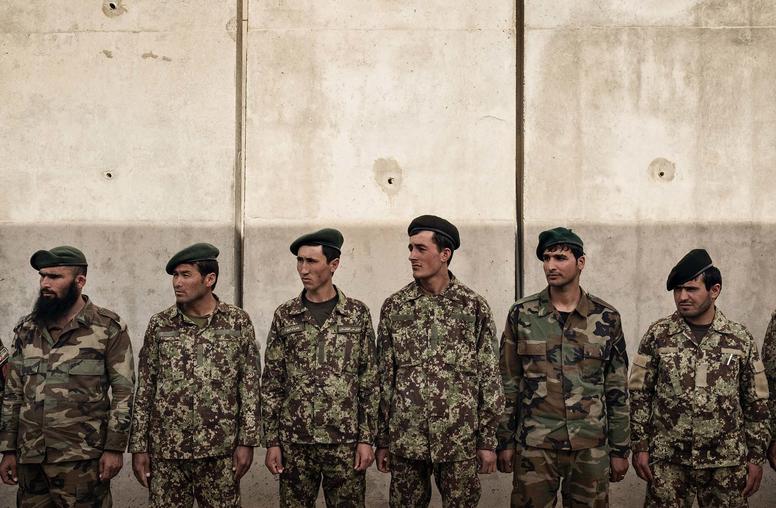
How Missing Data Can Make the Global Fragility Strategy Work
As glaring inequalities in the global recovery from COVID-19 become clearer, the U.N. has warned of growing risks of political tensions and conflict in many countries. This poses a daunting challenge to U.S. foreign policy and presents a test for the new Global Fragility Strategy (GFS), which aims to reduce state fragility and break cycles of violence in critical regions. What the GFS lacks, however, is a clear “theory of success” that explains why and how proposed actions will lead to desired outcomes in fragile states. A new capacity-based approach is needed to identify fragile states with high potential for effective engagement, particularly security sector reform (SSR).
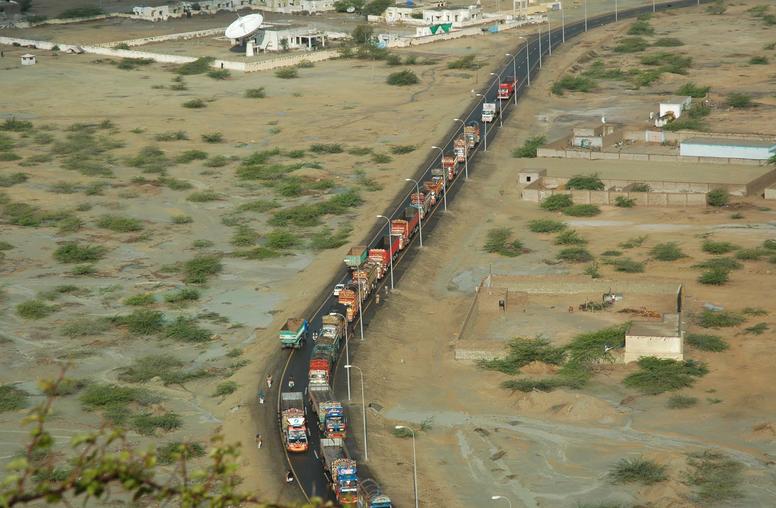
Pakistan’s Growing Problem with its China Economic Corridor
The China-Pakistan Economic Corridor (CPEC) has deepened the decades-long strategic relationship between the two Asian nations. But it has also sparked criticism, including that it burdens Pakistan with mountains of debt, allowing China to use “debt-trap diplomacy” to gain access to strategic assets. While some of this criticism is valid, a closer look indicates that concerns around debt sustainability, tepid economic growth and overall economic and social instability in Pakistan predate CPEC. Moreover, it is the lack of long-term structural reforms that has stymied equitable socioeconomic progress in Pakistan.